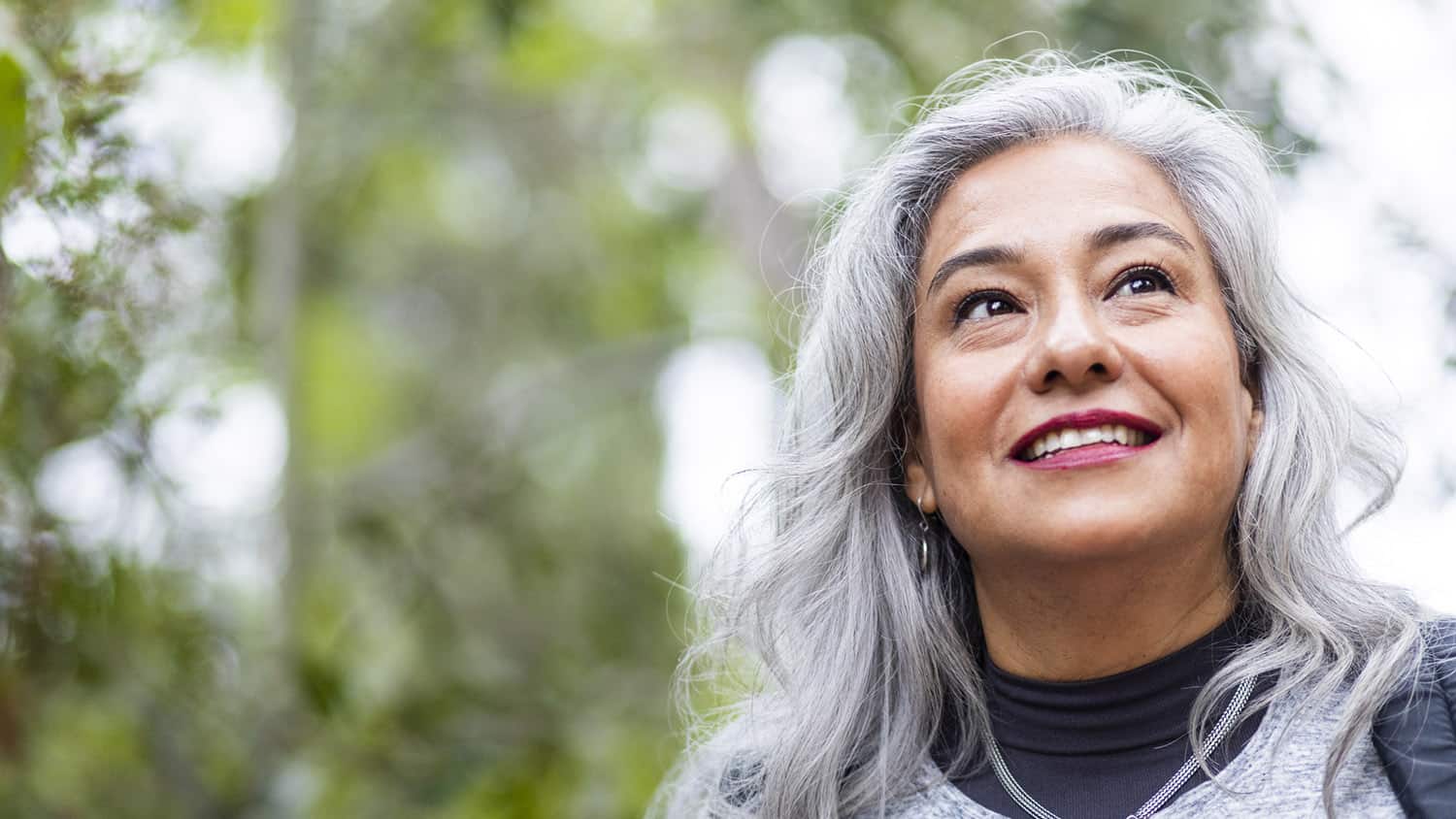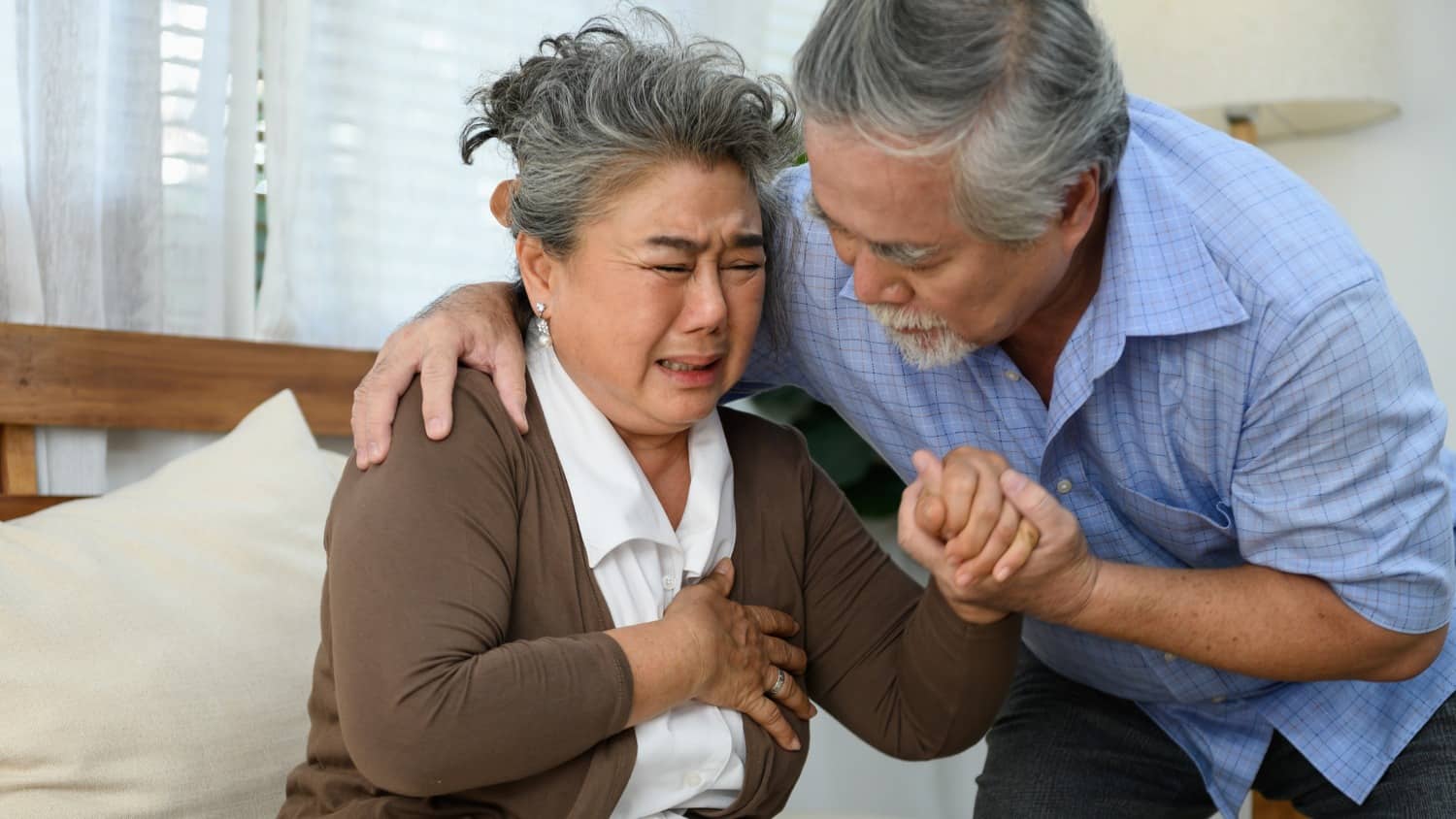
7 Myths of Grief We Need to Dismantle
We live in a grief illiterate society. We don’t like talking about death, the most certain and inevitable life event; and the one that comes to the forefront of our minds when we talk about grief. But grief shows itself around any and all losses. We grieve a break-up of a relationship, a divorce, an illness, a disability, retirement, empty-nesting, and more of life’s natural and critical transitions.
We don’t do well around sadness, our own or others’. We want to immediately jump in to make them, or ourselves feel better. We have good intentions, but we are uncomfortable around emotional pain. We often bring in a flair of cheeriness, a host of platitudes like, “You’ll get over it,” or a wave of “This too shall pass.”
Whether we feel vulnerable or it hits too close to home, we deflect to try to make it better. But better for whom? It’s when we sit with another’s pain, or our own, and allow for the deeply sad feelings to be felt that comfort and healing eventually comes.
As the saying goes, “You can’t heal what you don’t feel.” We have to go through the pain to come through it. And as Brene Brown says, “Together we will cry and face fear and grief. I will want to take away your pain, but instead I will sit with you and teach you how to feel it.”
Let’s look at a few myths around grief that need debunking so we can better serve our loved ones in their time of loss and grief, and so that we are better prepared to deal with our own grief.
Myth #1: Grief Is a Problem to Be Fixed
It is not a problem to be solved; it is a natural life occurrence that needs to be processed. Grief needs to be given a voice. And so we sit with the difficult feelings, as much as we’d like to shove them aside; and we sit and witness the other’s pain.
Myth #2: Grief Comes in Stages
The five stages of grief as set forth by Elizabeth Kubler-Ross are not linear. And not everyone experiences them all. It is not a rigid formula for working through the pain. One can go through some or all of them at any point in time, in any order.
Myth #3: Grief Is Grief and Looks the Same in All
Although grief is universal, how one goes through it is very individual. There is no one right way to do it. What is for all is that it does need to be felt and gone through. Ignoring it will not help it go away. To assume that if one is not crying, then they must be doing fine, couldn’t be further from the truth. Many tears are shed on the inside and many only cry in private.
Myth #4: Grief Is Eventually Gotten Over
There is no official end point to grief. We don’t get over it. We don’t move on; we move forward with it. We carry the loss and love with us forever. There’s no closure to grief. It changes with time. The puzzle piece remains missing and empty within us. We don’t look to replace it. Rather we grow around the hole, expanding our lives, taking along our loved one.
Myth #5: Grief Has a Calendar
Comments like, “It’s been a year, aren’t you over it yet?” or, “The second year should be much easier,” can feel dismissive and alienating. There is no timetable for grief. For many the first year is the hardest; for many others the second and third year can be brutal when the distractions of the concrete work are done, and the emotions come crashing through.
Myth #6: Grief Means No Joy or Laughter
We can hold pain and joy together. One doesn’t preclude the other. And if one is experiencing some enjoyment, it doesn’t mean grief is done and can be dismissed as, “They’re over it and have moved on” (see point 4). As the sun peeks through the clouds, we allow for moments of smiles, laughter and joy to move us. It lets us know we’re still alive. Our loved ones would not want us to die with them.
Myth #7: Grief Wants to Talk About the Loss
We tend to not want to bring the elephant out of the closet. As if we’d be reminding the griever to feel bad again. I always remember a friend telling me how when people invited him out for meals the first year after his wife died and he’d bring her up in conversation, everyone would immediately change the subject. Plans for their new kitchen, gossip about someone else would fill in their awkwardness. It left him feeling bereft and more alone. Now whose discomfort was that??
I invite us to step out of our comfort zone and tune in to another’s grief, be with others where they’re at, invite in and be a witness to grief; and become attuned listeners without bringing it back to oneself. The greatest gift we can give someone is our complete attention focused solely on them.
You may find this video helpful:
Let’s Have a Conversation:
Have you experienced any of the myths of grief? Which one was the most difficult to understand for yourself? And for others’?







One thing I experienced about eight months out was a feeling of yearning for something I knew was impossible to have. Not sad, yearning. Similar to that felt as a teenager and yearning over wanting a teacher or movie star or Elvis . Wanting, but knowing the impossibility. Many widows I’ve known have experienced this, yet no one speaks of it.
Hi Cheryl, Thank you for adding this here. Yes, yearning for what you can’t have {anymore}. It’s a powerful word describing a strong feeling of longing and want. More of these strong feelings need to be given a voice so people don’t feel alone with their difficult emotions. Thanks again.
My father was a violent alcoholic so when he died over 50 years ago I didn’t feel grief, only relief, for me, my mother and siblings. Any grief I felt was for what might have been had he not been inflicted with alcoholism, and how I inherited the same infliction (which I have beaten by not drinking for 35+ years). My mother is 100 years old and whilst she hasn’t exactly elevated my father to sainthood, she prefers to concentrate on his good side when sober. Perhaps this positive mindset is what has kept her sane and even joyful in all but the most difficult times.
Hi Joyce, Wow, how amazing about your mom! Great coping skills. And so wonderful about your 35+ years being sober. Bravo! And yes, there is certainly acknowledging loss and grief over what might have been….
May you follow in your mom’s footsteps.
It just keeps getting worse for me since my husband died and haven’t experienced joy at all. It’s been 10mos and no sun on the horizon so far
Hi Ali, Allow for your sadness and grief. Eventually bits of rays of light will begin to come through, perhaps with a laugh or noticing a pretty flower. Look for the tiny moments. They build on each other.